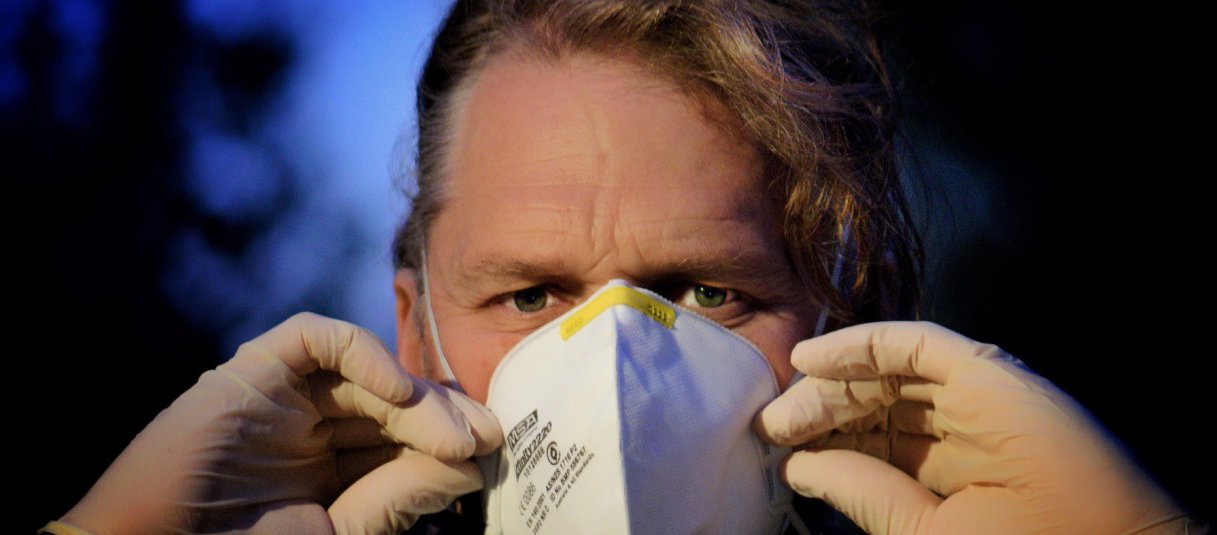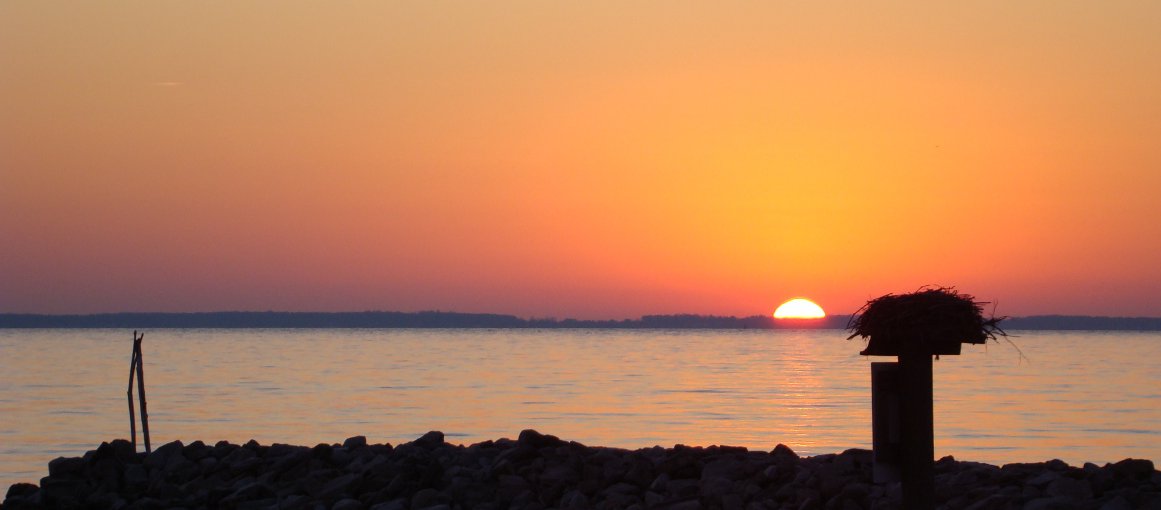Until this week, laws in a majority of U.S. states permitted some form of employment discrimination based on sexual orientation or gender identity. That was no oversight on the part of state legislatures or the U.S. Congress. It was instead the product of virulent right-wing opposition to the recognition of the fundamental rights of members of the LGBTQ+ community. Not only did they oppose laws to protect against discrimination, they raised untold millions of dollars over the years boasting about it and used anti-gay ballot initiatives as a tool to inflame passions and draw out arch-conservative voters.
On Monday, the law changed – dramatically, sweepingly, historically – when the U.S. Supreme Court made clear that in this respect the 1964 Civil Rights Act's anti-employment discrimination provisions mean exactly what they say. The Court's ruling in Bostock v. Clayton County, Georgia makes clear that it is illegal to base employment decisions – hiring and firing, the allocation of work, the grouping of employees, compensation practices, harassment – on sexual orientation or identity. The prior patchwork of state laws – most of which permitted some type of employment discrimination based on orientation or identity – is no more. It is now the law of the land that an employer cannot fire or otherwise discriminate against an individual because they are lesbian, gay, or transgender. This is monumental news at any time and especially welcomed during Pride Month.
The case arose under Title VII of the Civil Rights Act of 1964, which prohibits discrimination on the basis of race, color, religion, sex, or national origin. The question before the Court was “whether an employer can fire someone for being homosexual or transgender.” The Court stated, “The answer is clear. An employer who fires an individual for being homosexual or transgender fires that person for traits or actions it would not have questioned in members of a different sex. Sex plays a necessary and undisguisable role in the decision, exactly what Title VII forbids.”
The question came before the Court from three separate lower court decisions. Gerald Bostock was an award-winning child welfare advocate in Clayton, Georgia. He was fired for “conduct ‘unbecoming’ a county employee” when the county learned that he was a member of a gay recreational softball league. Donald Zarda was a skydiving instructor in New York for a company called Altitude Express. He was fired days after mentioning to his employer that he was gay. And Aimee Stephens worked at R.G. & G.R. Harris Funeral Homes in Michigan. She was fired when she wrote to her employer explaining that, upon returning from vacation, she would “live and work full-time as a woman.” Tragically, Zarda and Stephens passed away before the case concluded and did not get to celebrate their contributions to advancing LGBTQ+ rights.
The Court’s opinion is a huge, and long overdue, victory for the plaintiffs, the LGBTQ+ community, and society as a whole. It represents another step forward for recognizing the rights of all Americans, no matter their sexual orientation or gender identity. Bostock, Zarda, and Stephens were simply trying to work hard and earn a living. Their sexual orientation or gender identity had nothing to do with their job performance. They should have never needed to hide their sexual orientation or gender identity in order to earn a paycheck, or for any other reason. Now, finally, an employer can no longer require LGBTQ+ Americans to hide who they are to keep their jobs.
In addition to the broader social justice gains, the Court’s decision could have huge benefits from a worker health perspective. According to a 2018 report by the Human Rights Campaign, 46 percent of LGBTQ+ workers chose to remain closeted at work. Their topline concerns were the possibility of being stereotyped, feeling uncomfortable, and losing connections or relationships with coworkers, as well as the fear that their coworkers would think they were attracted to them. LGBTQ+ workers also reported feeling distracted at work, feeling exhausted from spending time and energy hiding their sexual orientation and gender identity, avoiding special work events or certain people, and feeling unhappy or depressed at work. Fear of discrimination in the workplace can contribute to chronic stress, which a growing body of research has linked to cardiovascular disease, autoimmune disorders, and mental health issues. This week’s decision will hopefully provide some relief from these stressors, which could have positive implications beyond the important progress made on moral grounds.
Still, much work remains to secure equal rights for the LGBTQ+ community. A history of oppression and exploitation cannot be rectified by one court decision. Employers and workers across the country need to come together now to embrace their coworkers and create a safe, welcoming workplace culture free from discrimination. More broadly, as we face mass protests calling for racial justice and the COVID-19 pandemic, both of which bear the marks of discrimination, and a president determined to roll back transgender rights, we must keep fighting discrimination at all levels, inside and outside the workplace.
Showing 2,937 results

Katie Tracy | June 19, 2020
Until this week, laws in a majority of U.S. states permitted some form of employment discrimination based on sexual orientation or gender identity. On Monday, the law changed – dramatically, sweepingly, historically – when the U.S. Supreme Court made clear that in this respect the 1964 Civil Rights Act's anti-employment discrimination provisions mean exactly what they say. The Court's ruling in Bostock v. Clayton County, Georgia makes clear that it is illegal to base employment decisions – hiring and firing, the allocation of work, the grouping of employees, compensation practices, harassment – on sexual orientation or identity. The prior patchwork of state laws – most of which permitted some type of employment discrimination based on orientation or identity – is no more.

William Buzbee | June 19, 2020
On June 18, the U.S. Supreme Court struck down the Trump administration's rescission of the Obama administration's immigration relief program known as Deferred Action for Childhood Arrivals (DACA). In explaining and then defending its DACA rollback, the Trump administration had raised an array of claims that, if accepted, would have undercut numerous regulatory rule of law fundamentals. Instead, the Court strengthened these longstanding requirements. Department of Homeland Security (DHS) v. Regents will become central to battles over the many Trump administration rollbacks and reversals of environmental and other regulations.

Darya Minovi | June 18, 2020
A blog post published last month by the Chesapeake Bay Program, a collaborative partnership focused on Bay restoration, addressed the many ways that the climate crisis will affect farms in the region. Data from the program shows temperatures on Maryland’s Lower Eastern Shore, home to a high concentration of industrial poultry farms, increased between 2 to 2.5 degrees Fahrenheit, on average, between 1901 and 2017. By 2080, temperatures in the Chesapeake Bay watershed are projected to increase by 4.5 to 10 degrees, posing a serious risk of heat stress to farmworkers and livestock.

Daniel Farber | June 18, 2020
On June 16, the D.C. Circuit Court of Appeals decided two cases that add to the legal difficulties the Trump EPA will face in court. The difficulties relate to two proposed EPA rules that attempt to hamstring future efforts to impose tighter restrictions on pollution. Both EPA rules rely on vague, general grants of rulemaking authority from Congress. That just became more tenuous.

Thomas McGarity | June 17, 2020
Governments and industries are "reopening" the economy while COVID-19 continues to rage across the United States. At the same time, the lack of effective, enforceable workplace health and safety standards puts workers and the general public at heightened risk of contracting the deadly virus. In a new report from the Center for Progressive Reform, Sidney Shapiro, Michael Duff, and I examine the threats, highlight industries at greatest risk, and offer recommendations to federal and state governments to better protect workers and the public.

Katlyn Schmitt | June 16, 2020
On June 9, the House Energy and Commerce Committee's Subcommittee on Environment and Climate Change held a remote hearing, “Pollution and Pandemics: COVID-19’s Disproportionate Impact on Environmental Justice Communities.” The Center for Progressive Reform, joined by Fair Farms, Sentinels of Eastern Shore Health (SESH), and the Sussex Health and Environmental Network submitted a fact sheet to subcommittee members outlining the impacts of COVID-19 on the Delmarva Peninsula, along with a number of recommendations for building a more sustainable model for the region. The area is home to a massive poultry industry, hit hard by the coronavirus pandemic. We addressed several of the most severe problems in our fact sheet.

Michael C. Duff | June 15, 2020
While I suspect that workers' compensation claims, even without the aid of workers' compensation causation presumptions, may fare better than some actuaries suspected (preliminary scuttlebutt of about a 40 percent success rate is higher than I expected), there is no reasonable doubt that large numbers of workers will ultimately go uncovered under workers' compensation during the COVID-19 pandemic.

Brian Gumm, Katie Tracy | June 11, 2020
In a June 11 order, the D.C. Circuit Court of Appeals denied an AFL-CIO writ of mandamus asking the court to compel the Occupational Safety and Health Administration (OSHA) to do more to protect workers from infectious diseases, such as COVID-19. The order continues the dangerous status quo of workers laboring with no enforceable protections from the highly contagious and deadly virus.

Katlyn Schmitt, William Andreen | June 11, 2020
We are five years out from the final 2025 deadline for the Chesapeake Bay cleanup agreement, known as the Bay Total Maximum Daily Load (TMDL). With the approval of the U.S. Environmental Protection Agency (EPA), each of the Bay states has finalized the three required phases of their Watershed Implementation Plans (WIPs). This month, those states have released their draft 2020-2021 milestones, which, when final, will set out the key short-term goals states will work toward, stepping up their restoration work so that they can stay on track to meet their final 2025 pollution reduction goals.